At Babies Project, the principles we teach, play, facilitate, explore and live from arise from our core values of AGENCY, COMFORT, CURIOSITY and MOVEMENT. We believe these values are embedded in developmental movement, and they can guide us to be more responsible, resilient, interdependent, self-regulating and relational.
- How do we raise children (of all genders) to respect themselves and others?
- How can we model a way of being in the world that encourages self-awareness and awareness of others?
- As caregivers, how can we re-pattern what we were taught and no longer value, and find a different way to relate to the little ones we care for – not only because it’s healthier for and more respectful of our children but also because it’s better for ourselves?
Why AGENCY?
Our work with babies provides a frame for relating to all people as whole people, as individuals in an interdependent web.
We define agency as the ability to make choices, have an impact, take risks and learn from experience.
We shape and are shaped by our environment and interactions. A healthy sense of agency involves participation, connectivity and interdependence.
Through a sense of their own agency, babies and toddlers can fully participate in their emergent sense of self, in relationship to their environment and others.
We cannot empower another person; empowerment comes from within. As caregivers, our role is to respect and nourish a child’s sense of agency and empowerment – while also respecting our own agency.
Our earliest reflexive responses to touch and movement begin to develop before we’re born. As a general rule, our first response to touch is to turn away and withdraw. From this ability to say “no,” we can then learn to turn towards the stimulus and bond to touch. We believe that the way “no” comes before “yes” as it plays out in our reflex patterns is also an important factor in other aspects of our lives – in developing a healthy sense of self, in being able to make choices, follow our curiosity and change our minds. And that early experiences of letting “no” play out leads to a greater sense of respect for ourselves and eventually others.
Why COMFORT and CURIOSITY?
We believe that babies (of all ages) learn best when they’re led by their curiosity. A sense of safety and comfort comes before and supports curiosity. When a baby doesn’t feel safe or comfortable, it’s difficult for them to be curious.
We as caregivers are the baby’s environment, and we help shape their sense of comfort. By being present and meeting their basic needs for safety and comfort, we encourage their agency and ability to self-regulate.
There are values and forces in our culture that assign judgment, blame and shame for all kinds of things – being fast, being slow, being big, being little, being loud, being quiet, being different or not good enough in any number of ways. We believe that each family, and each relationship in that family, develops and co-evolves differently and uniquely. Each baby finds their own way, ideally supported by trusted relationships and nurturing feedback. We believe that healthy relationships are built on things being sometimes messy, on ruptures and repairs in communication, in small falls, repetition, iteration and practice.
We work (and play) with balancing the idea that every baby finds their own way into movement, and what we know is helpful about how movement skills build on each other. We believe that taking longer to learn something means having more skills and being more comfortable when we ‘get it’, and that getting there faster doesn’t mean doing it any better.
Learning through open exploration and led by curiosity allows a child to explore, express and develop their sense of agency.
Why MOVEMENT?
A baby’s earliest experiences of touching and being touched, being moved and learning to move are significant, and play a formative role in their relationship to learning and their sense of agency.
A baby who is supported in exploring their physical movements – touching, reaching, shifting, and pulling – builds a felt, experientially-based support for “grasping” the metaphorical. A baby learns to form and act on their desires and intentions through seeing and touching a toy (for example), deciding, planning, measuring, moving toward, reaching, grasping, pulling, encountering limits, evaluating, problem-solving, integrating, settling – and repeating. The ability to change, to make transitions, to adapt, and to shift perspective play out first in movement.
When a baby finds their way to a new skill through their own agency, they can more fully own the skill and build upon it. A child’s process of learning a new skill is not only about getting the skill itself – it’s about learning how to learn. Progressive, experience-based education can begin at birth and support lifelong learning.
Our early experiences of touch and movement shape our sense of comfort with ourselves, our sense of curiosity about others and the world around us, and our awareness of our own agency in changing and being changed by our own choices and our relationships with others.
As life-long movers, as movement practitioners and teachers, and as Infant Developmental Movement Educators, our way in to engaging with babies, caregivers and adults is through movement. This might make a child (or adult) a better mover, but our goal is not to “make” fabulous movers out of children.
Our hope is that babies of all ages can learn to MOVE through the world led by their CURIOSITY, supported by their COMFORT and empowered by a sense of their own AGENCY.
* * *

